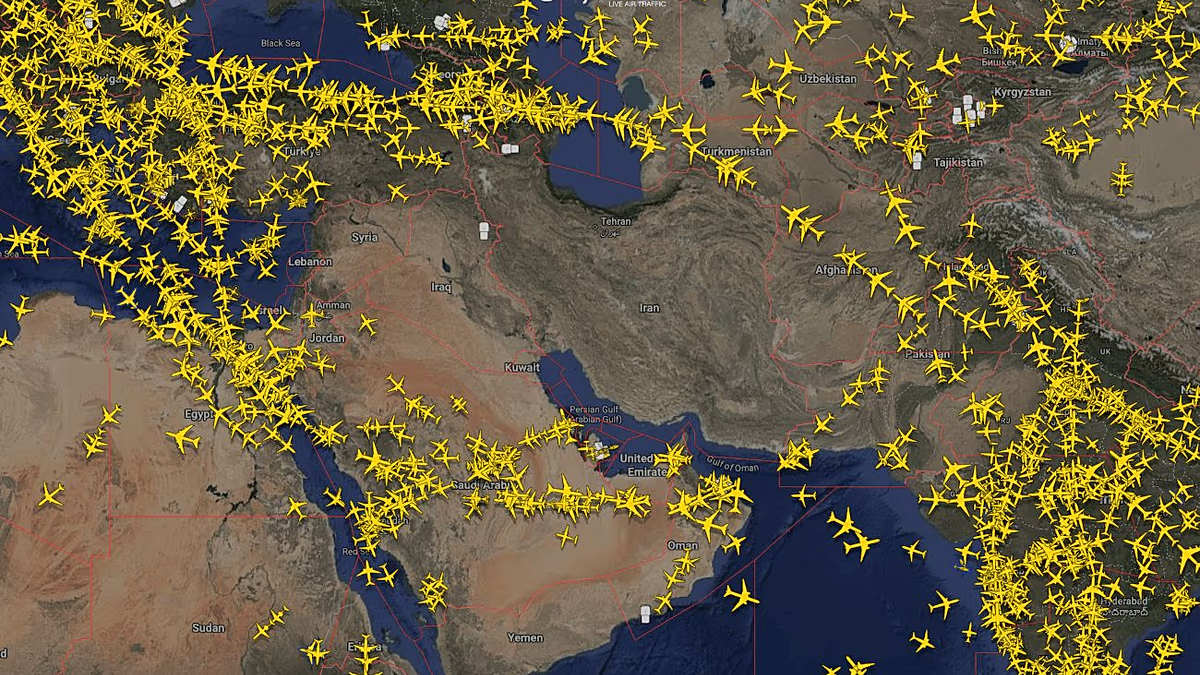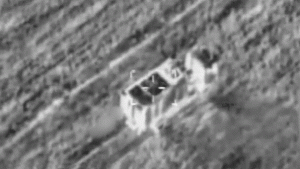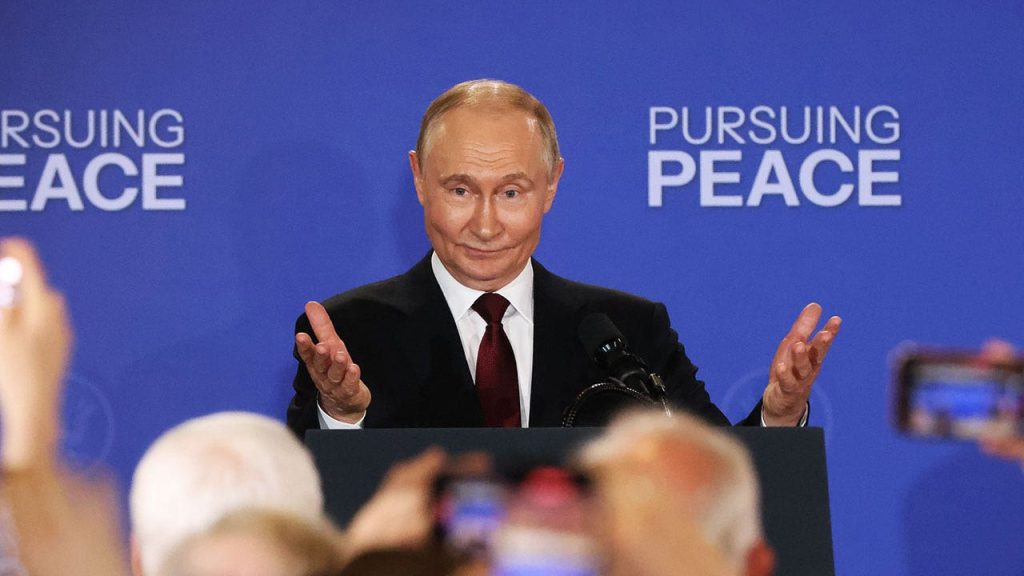Putin Invites Zelenskyy to Moscow While Trump Pushes for Peace Talks
In a surprising diplomatic maneuver, Russian President Vladimir Putin claimed on Wednesday that he has “never refused” a meeting with Ukrainian President Volodymyr Zelenskyy, going so far as to invite him to Moscow for talks. Speaking from China, where he attended a military parade commemorating the 80th anniversary of World War II alongside Chinese President Xi Jinping and North Korean leader Kim Jong Un, Putin made his invitation public through Russian state media. “If Zelenskyy is ready for a meeting, let him come to Moscow,” Putin stated. The timing of this offer coincides with President Trump’s two-week deadline for Putin to meet with Zelenskyy, which has now expired. Trump told reporters from the Oval Office that he would be speaking with Putin “very shortly” and added, “I’ll know pretty much what we’re going to be doing. We’ve taken very strong action. But I’ll be speaking to him over the next few days, and we’re going to see.”
The invitation has been met with skepticism from Ukrainian officials. Ukrainian Foreign Minister Sybiha took to social media to accuse Putin of making “knowingly unacceptable proposals.” He pointed out that seven nations have offered to host peace talks, including Austria, Vatican City, Switzerland, Turkey, and three Gulf states. “These are serious proposals and President Zelenskyy is ready for such a meeting at any point of time. Yet, Putin continues to mess around,” Sybiha stated, adding that “only increased pressure can force Russia to finally get serious about peace process.” The White House has not immediately responded to questions about Putin’s invitation, though Fox News confirmed that Trump will hold a call with Zelenskyy on Thursday, suggesting the administration is actively working diplomatic channels.
The reality of Zelenskyy traveling to Moscow seems highly improbable given the significant security threats he would face in Russian territory. Putin has repeatedly made clear that one of his primary objectives in the war is to remove Zelenskyy from power in Kyiv. Former CIA Moscow Station Chief Dan Hoffman emphasized these concerns, stating unequivocally, “There’s no way that Zelenskyy should be traveling to Moscow.” Hoffman characterized Putin’s invitation as a strategic maneuver designed “to make it appear as if he will negotiate in good faith and try and drive a wedge between Zelenskyy and the United States, as well as Zelenskyy and Europe.” This assessment aligns with long-standing patterns in Putin’s diplomatic approach, where public offers often serve strategic objectives rather than genuine negotiation interests.
Zelenskyy has previously proposed face-to-face meetings with Putin multiple times, suggesting neutral third-party locations like Turkey as potential venues. Despite these overtures, the Kremlin leader has consistently avoided direct engagement with the Ukrainian president until now. In his Wednesday statement, Putin claimed that if a “meeting is well-prepared and will lead to some positive results,” he would agree to meet. He also suggested, without providing evidence, that Zelenskyy was “afraid” to meet with him. These comments appear designed to shift the narrative around who is unwilling to negotiate, placing the responsibility on Ukraine rather than Russia for the continued conflict.
The diplomatic dance occurs against the backdrop of evolving U.S. policy under the Trump administration. While European leaders have maintained unwavering support for Zelenskyy against Russian aggression, Trump’s position has remained more nuanced and sometimes ambiguous. When asked by reporters whether there would be “consequences” if a meeting between Putin and Zelenskyy is not arranged soon, Trump responded affirmatively: “Yeah, there will be.” This statement suggests potential shifts in U.S. policy depending on how the situation develops, though the exact nature of these consequences remains undefined. The administration’s approach appears to place significant emphasis on direct leader-to-leader diplomacy as a pathway toward resolving the conflict.
The complex diplomatic maneuvering highlights the multilayered nature of the Ukraine-Russia conflict as it enters a new phase. Putin’s invitation appears calculated to create the impression of diplomatic openness while placing conditions that may be impossible for Ukraine to accept. For Zelenskyy, the challenge remains balancing the need for peace talks with the practical reality that his country continues to face Russian military aggression. Meanwhile, President Trump’s approach appears focused on applying pressure for direct negotiations, though whether this will lead to substantive peace talks or merely provide diplomatic cover for continued conflict remains to be seen. As these dynamics unfold, the international community watches closely, understanding that the outcome will have profound implications not only for Ukraine and Russia but for the broader geopolitical landscape.















